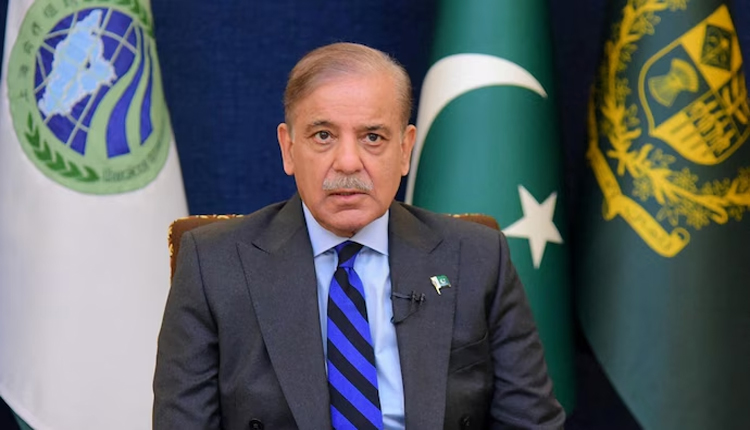New Delhi: A terrorist attack on the Jammu and Kashmir popular destination of Pahalgam became an incident that left India deeply troubled. Lashkar-e-Taiba conducted this brutal attack with its affiliated unit TRF, resulting in 28 tourist deaths and injuring 20 people more seriously. This devastating attack has compelled the Indian government to execute rigorous counteractions because it demonstrated a strong commitment to fight against Pakistan-sponsored terrorism.
India’s Immediate Response: A Series of Stern Measures
Prime Minister Narendra Modi conducted an urgent meeting of the Cabinet Committee on Security (CCS) to outline several decisive measures for punishing Pakistan due to its ongoing terrorist backing. The 1960 Indus Water Treaty between India and Pakistan became one of the first targets of a severe response by the government when it was immediately suspended. India halted the 1960 Indus Water Treaty as the bedrock of its water-sharing arrangement with Pakistan through this diplomatic move to demonstrate that such reckless behaviour will not be accepted.
India has increased its political tensions with Pakistan through a reduction of personnel at its diplomatic office in Islamabad called the High Commission. The Indian government issued directives for military adviser deportation and Wagah-Attari border closure, which served as the main trade link and travel corridor between India and Pakistan. SAARC visa exemption has been permanently eliminated, and Indian officials granted Pakistani nationals up to 48 hours to depart from the country.
The Impact of the Indus Water Treaty Suspension on Pakistan
The Indus Water Treaty suspension produces severe impacts for Pakistan, which primarily affect its agricultural area and power generation sector. The Indus Water Treaty established India as the authority over the Beas, Ravi and Sutlej rivers and granted Pakistan complete control of the Indus, Jhelum and Chenab rivers. Pakistan experiences a critical threat to its water supply due to the treaty suspension because the Sindh region depends on Indus River water for agricultural production.
The entire agricultural area of Pakistan, which equates to 16 million hectares, relies on Indus basin water for its survival. The stoppage of water flow would deactivate agricultural production across Pakistan, which would affect millions of farmers while threatening national food security. Managing the water shortage presents a critical challenge for Pakistan because its Indus Basin population amounts to 240 million people out of the total Indus Basin population of 61%.
An Energy Crisis Looms Over Pakistan
The suspension of water supply will reach beyond agricultural sectors in Pakistan. Indian water management practices supply big Pakistani cities Karachi alongside Lahore and Multan with their daily water requirements, which come from Indus River tributaries. The power generation capabilities of the essential Tarbela and Mangla dams for Pakistan rely heavily on the supply of water from these rivers. The interruption of water flowing from the Indus will cause Pakistan to experience devastating power outages combined with major disruptions to industrial production and basic utilities.
A Stronger Message: India’s ‘Water Strike’
India has chosen to suspend the Indus Water Treaty as a new strategic approach to break Pakistan’s support for terrorist groups. India’s security approach extends beyond previous military actions. National security becomes more all-encompassing for India with its latest strategic move, which the media has named a “Water Strike,” coming after the Pulwama airstrike and the Uri surgical strikes. Pakistan sees its water supply as its lifeblood; therefore, this decision creates massive pressure throughout all sectors of the national economy, including agriculture, industry, and energy systems.
India demonstrates by this action that it rejects passive responses. India uses a variety of operational tactics, which now include “Water Strike,” to establish full sovereignty and national security. Pakistan now faces an intense new threat which extends far beyond conventional military confrontations because it directly threatens the basic survival of the country.
Shahbaz and Nawaz’s Sleep Disturbed
Recent developments have frightened the leaders of Pakistan. Both Prime Minister Shahbaz Sharif and former Prime Minister Nawaz Sharif struggle to sleep peacefully because of the dire situations created by Indian actions. Islamabad is gripped by a deep-seated fear of further military reprisals, particularly the potential for airstrikes or intensified retaliation. The Indus Water Treaty suspension marks the beginning of a new strategic phase during which India views Pakistani water reserves as strategic elements of regional geopolitical competition.



Comments are closed.